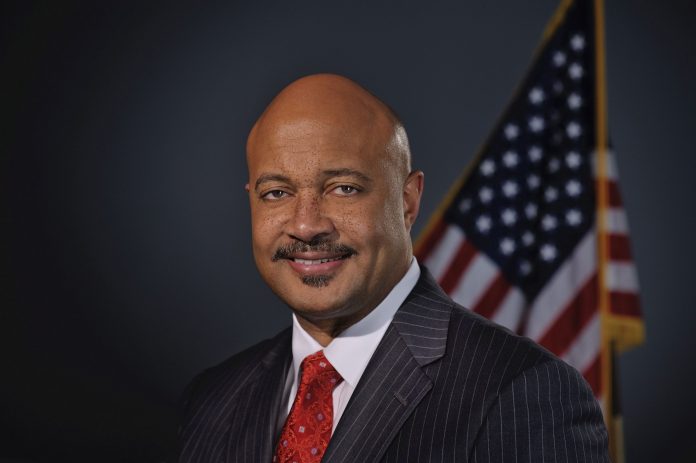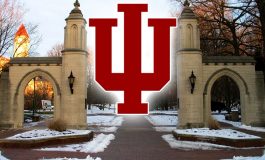Attorney General Curtis Hill announced today that he has concluded his investigation into a former Indiana abortion doctor on whose property authorities found 2,411 fetal remains.
Following Dr. Ulrich Klopfer’s death on Sept. 3, 2019, his family discovered medically preserved fetal remains in the garage next to his home in Will County, Illinois. Local law enforcement were dispatched to search the premises and found 2,246 medically preserved remains, along with thousands of health records from Dr. Klopfer’s medical practice.
The remains, mostly found in molding boxes and old Styrofoam coolers containing large, red medical waste bags, were in various states of decay. Each remain appeared to have been placed in a small, clear, plastic specimen bag for purposes of being medically preserved in a chemical suspected to be formalin, a formaldehyde derivative. However, many of the bags degraded over time and/or suffered damage, resulting in leakage from the individual bags into the outer bag, box, or cooler.
This ghastly discovery led to the search of multiple properties owned or rented by Dr. Klopfer and his related businesses. During these searches, authorities found additional fetal remains and hundreds of thousands of health records.
Authorities discovered a total of 2,411 fetal remains, which appear to be from Dr. Klopfer’s medical practice in Indiana from 2000 to 2003. Because the remains were in poor condition and the health records were degraded, it was not possible to independently verify the identities of the individual fetal remains.
Attorney General Hill’s investigation revealed that Dr. Klopfer failed to arrange for the appropriate disposition of patient health records or notify his patients regarding their records from his closed medical practice. The investigation also revealed that Dr. Klopfer failed to effectuate the proper disposition of the fetal remains as required by Indiana law.
No one is believed to have assisted Dr. Klopfer in his actions, and because Dr. Klopfer is dead, he cannot be charged with a crime or with medical misconduct. Therefore, Attorney General Hill does not recommend any criminal charges or licensing actions in this case.Â
“This horrific ordeal is exactly why we need strong laws to ensure the dignified disposition of fetal remains. I was humbled to provide these precious babies a proper burial in South Bend,†Attorney General Hill said. “We hope the results of our investigation provide much-needed closure to everyone who has been impacted by this gruesome case.â€
Dr. Klopfer was licensed by the state of Indiana in 1979 and performed tens of thousands of abortions over the course of more than three decades. His medical license was suspended indefinitely in 2016 after multiple licensing actions and criminal charges in Lake and St. Joseph counties related to his medical practices.
Dr. Klopfer was the medical director at women’s health clinics in South Bend, Fort Wayne, and Gary. All three clinics are now closed.
The Office of the Attorney General’s final report on the investigation of Dr. Klopfer is attached.







